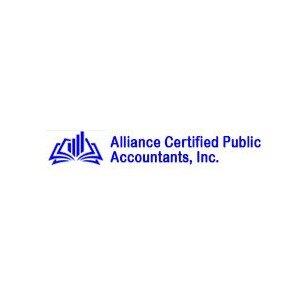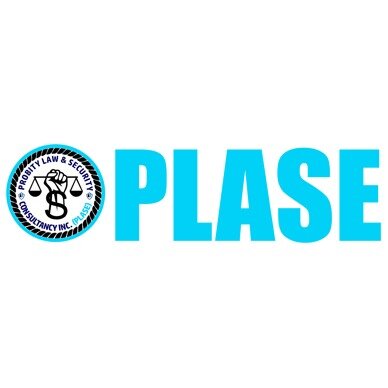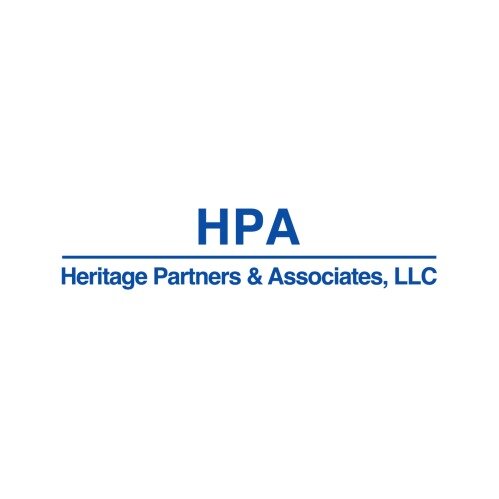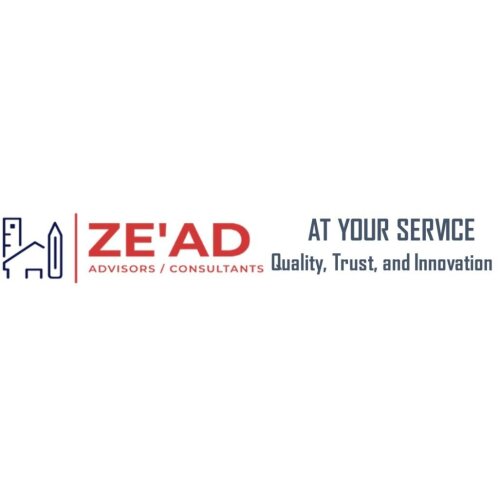Best Debt Capital Markets Lawyers in Liberia
Share your needs with us, get contacted by law firms.
Free. Takes 2 min.
Or refine your search by selecting a city:
List of the best lawyers in Liberia

Alliance Certified Public Accountants, Inc. (Alliance CPAs, Inc.)
15 minutes Free ConsultationAbout Debt Capital Markets Law in Liberia
Debt Capital Markets (DCM) involve the issuance, trading, and regulation of debt securities such as bonds, debentures, and notes. In Liberia, the debt capital market serves as a platform for both public and private entities to raise funding through debt instruments. This area of law covers the frameworks and legal structures governing how corporate and sovereign entities obtain financing from investors, typically through long-term securities. The Liberian government, commercial banks, financial institutions, and private corporations are the major participants. Regulatory oversight is designed to ensure transparency, fairness, and investor confidence within this market.
Why You May Need a Lawyer
Individuals and organizations often need legal assistance in the Debt Capital Markets for several reasons. Common scenarios include:
- Advising on the structuring and issuance of bonds and other debt securities
- Ensuring compliance with local and international regulations
- Drafting and negotiating legal documents required during fund raising
- Managing cross-border financing transactions and investments
- Resolving disputes related to debt issuance or trading
- Conducting due diligence on counterparties or debt instruments
- Advising foreign investors on Liberian market entry and regulatory environment
- Handling bankruptcy, insolvency, or restructuring situations involving debt instruments
Given the complex, highly regulated nature of debt capital markets, professional legal guidance is essential to navigate risks and achieve successful outcomes.
Local Laws Overview
Liberia’s legal framework for debt capital markets is influenced by both local statutes and international best practices. Key relevant aspects include:
- The Central Bank of Liberia (CBL) is the principal regulator for financial markets and institutions, including the approval and oversight of debt instrument issuance.
- There are statutory requirements related to disclosure, registration, and reporting when issuing debt securities.
- The Capital Markets Regulations provide rules on public offering, private placements, and ongoing obligations for issuers.
- Foreign investors must comply with additional rules on currency exchange, repatriation of funds, and capital controls.
- Contractual instruments such as trust deeds and indentures are used to regulate relationships between issuers and investors.
- There is no formal stock exchange currently active in Liberia, so most transactions are private placements or government-issued instruments.
- Taxation of income and gains from debt instruments is governed by the Revenue Code of Liberia, with withholding taxes applicable in some cases.
- Anti-money laundering and know-your-customer regulations also apply to participants in the debt capital markets.
Laws are subject to updates, so it is important to consult with a lawyer to interpret recent changes and their implications.
Frequently Asked Questions
What is a debt security?
A debt security is a financial instrument, such as a bond or promissory note, in which the issuer borrows funds from investors and promises to repay the principal plus interest.
Who regulates debt capital markets in Liberia?
The Central Bank of Liberia is the primary regulatory authority overseeing debt capital market activities, including issuance and compliance.
Can private companies issue bonds in Liberia?
Yes, both private and public companies can issue bonds or other debt instruments, subject to legal and regulatory requirements.
Is there a stock exchange in Liberia for trading debt securities?
Currently, Liberia does not have an operational stock exchange, so most debt securities are issued and traded through private placements or over-the-counter arrangements.
Do investors from outside Liberia require special approvals?
Foreign investors may need to comply with specific requirements concerning currency controls, repatriation, registration, and reporting as per Liberian law and the directives of the Central Bank.
What disclosures are required for issuing debt securities?
Issuers must provide detailed documentation about the terms of the securities, the financial condition of the issuer, and risk factors, as required by the Central Bank’s regulations.
What are the tax implications for debt securities in Liberia?
Interest income earned from debt securities is generally subject to withholding taxes, and other tax considerations may apply depending on the issuer and investor status.
How are disputes related to debt instruments resolved?
Disputes may be resolved through negotiation, local courts, or arbitration, depending on the terms set in the issuance documents and relevant Liberian laws.
What is the difference between a public offering and a private placement?
A public offering is available to the general public and involves strict disclosure requirements, while a private placement is offered to a select group of investors and has fewer regulatory burdens.
Why is legal due diligence important in debt capital markets?
Legal due diligence helps identify potential risks, ensures compliance, and protects the interests of all parties involved in a debt capital market transaction.
Additional Resources
If you need more information or assistance regarding debt capital markets in Liberia, consider reaching out to the following:
- Central Bank of Liberia - Supervises financial markets and provides regulatory guidance
- Ministry of Finance and Development Planning - Handles fiscal policy, public debt management, and financial sector development
- Private law firms with expertise in finance, securities, and corporate law
- International Finance Corporation (IFC) and similar multilateral agencies operating in Liberia
- Business and investment associations, such as the Liberia Chamber of Commerce
Government bulletins and legal publications are also valuable resources for staying updated on legislative changes and market developments.
Next Steps
If you are considering entering the debt capital markets in Liberia or need legal guidance on a specific issue, follow these steps:
- Identify your goals and the nature of the contemplated transaction or issue.
- Gather all relevant documents, including contracts, financial statements, and correspondence.
- Research and shortlist attorneys or law firms with proven experience in Liberian debt capital markets.
- Consult with the Central Bank of Liberia or the Ministry of Finance if regulatory clarification is needed.
- Schedule a consultation with your chosen legal counsel to discuss your situation in detail.
- Ensure your lawyer reviews all regulatory requirements, documentation, and compliance issues before proceeding.
- Stay informed about ongoing legal and market developments that may affect your interests.
Taking these steps will help protect your investment, ensure compliance, and facilitate your participation in Liberia’s debt capital markets with confidence.
Lawzana helps you find the best lawyers and law firms in Liberia through a curated and pre-screened list of qualified legal professionals. Our platform offers rankings and detailed profiles of attorneys and law firms, allowing you to compare based on practice areas, including Debt Capital Markets, experience, and client feedback.
Each profile includes a description of the firm's areas of practice, client reviews, team members and partners, year of establishment, spoken languages, office locations, contact information, social media presence, and any published articles or resources. Most firms on our platform speak English and are experienced in both local and international legal matters.
Get a quote from top-rated law firms in Liberia — quickly, securely, and without unnecessary hassle.
Disclaimer:
The information provided on this page is for general informational purposes only and does not constitute legal advice. While we strive to ensure the accuracy and relevance of the content, legal information may change over time, and interpretations of the law can vary. You should always consult with a qualified legal professional for advice specific to your situation.
We disclaim all liability for actions taken or not taken based on the content of this page. If you believe any information is incorrect or outdated, please contact us, and we will review and update it where appropriate.
Browse debt capital markets law firms by city in Liberia
Refine your search by selecting a city.











